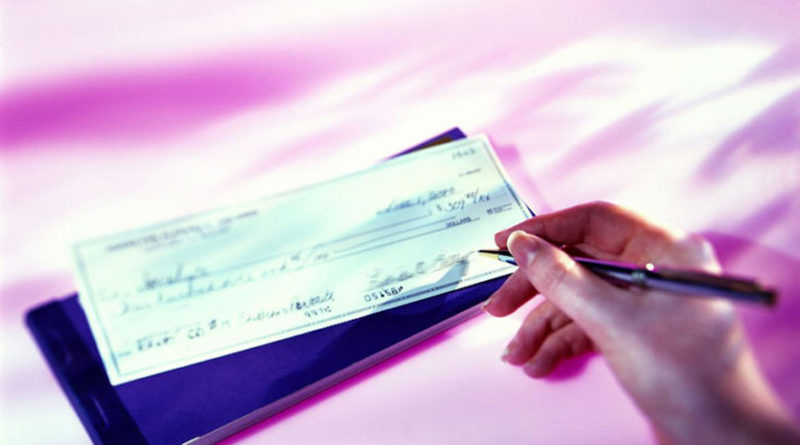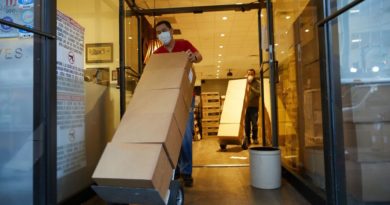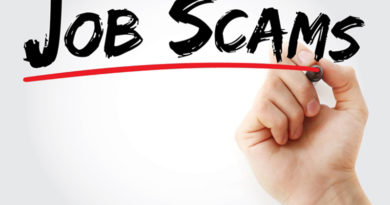Fake Check Scams Increasingly Common
A study conducted by the Better Business Bureau found that despite a decreasing in the use of checks, check related scams are on the rise.
The BBB’s study “Don’t Cash That Check: Better Business Bureau Study Shows How Fake Check Scams Bait Consumers” found that in 2017 there was over 500,000 victims of counterfeit checks, and that the number of victims in 2018 is likely to double those of last year.
Fake checks can be used in a number of scams that range from employment scams to prize and sweepstakes fraud, but each case involves the same routine of victims depositing the check and sending money back to scammers.
Knowledge of the following can help prevent consumers from falling victim:
- Crediting a bank account does not mean the cashed check is valid.
Federal banking rules require that when someone deposits a check into an account, the bank must make the funds available right away – within a day or two. Even when a check is credited to an account, it does not mean the check is good. A week or so later, if the check bounces, the bank will want the money back. Consumers, not the fraudsters, will be on the hook for the funds.
- Cashier’s checks and postal money orders can be forged.
A cashier’s check is a check guaranteed by a bank, drawn on the bank’s own funds and signed by a cashier. If a person deposits a cashier’s check, the person’s bank must credit the account by the next day. The same holds true for postal money orders. Scammers use cashier’s checks and postal money orders because many people don’t realize they can be forged.
For additional information, visit https://www.bbb.org/avoidscams/







